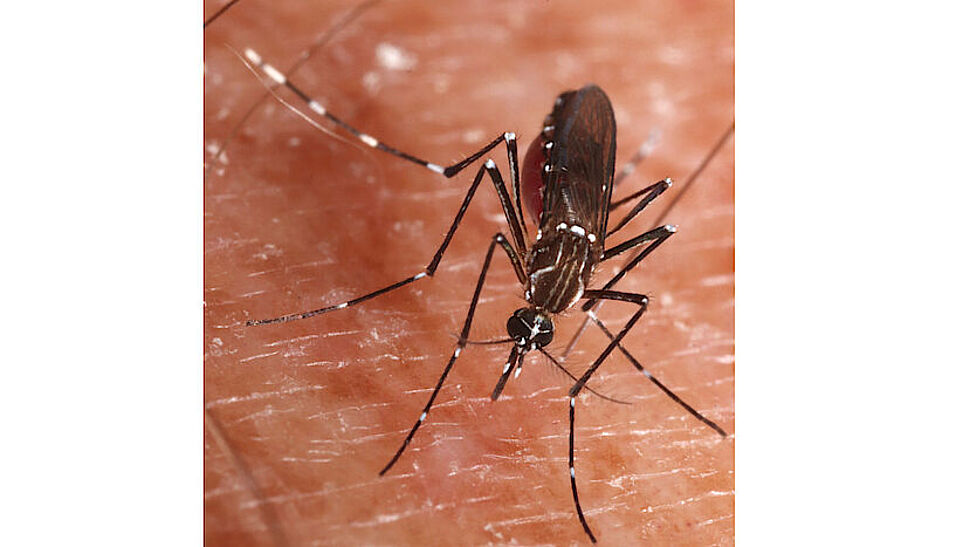More and more animals, plants and microorganisms are being transported around the globe by humans, both consciously and unconsciously. This phenomenon, known as "biological invasion," is causing major ecological and economic damage. A recent study published in Nature showed that biological invasions by alien species cost the world at least $162 billion annually. "Infectious diseases caused by pathogens and parasites share many characteristics with biological invasions. While infectious diseases have been studied primarily by medical scientists, biological invasions have been studied almost exclusively by ecologists. In the future, however, closer cooperation is needed, from which both disciplines would benefit," explains Franz Essl of the University of Vienna and co-author of the new study.
In a globalized world, the emergence and spread of many human infectious diseases can be understood as biological invasion events. Some alien species contribute causally to the emergence and transmission of infectious diseases. For example, alien mosquitoes such as the tiger mosquito are important vectors for diseases such as dengue fever and Zika, while introduced mammals such as rats can transmit rabies and dermatitis.
Publikation in "BioScience":
Vilà M, Dunn AM, Essl F, Gómez-Díaz E, Hulme PE, Jeschke JM, Núñez MA, Ostfeld RS, Pauchard A, Ricciardi A, Gallardo B (2021) Viewing emerging human infectious epidemics through the lens of invasion biology. BioScience, DOI: 10.1093/biosci/biab047

